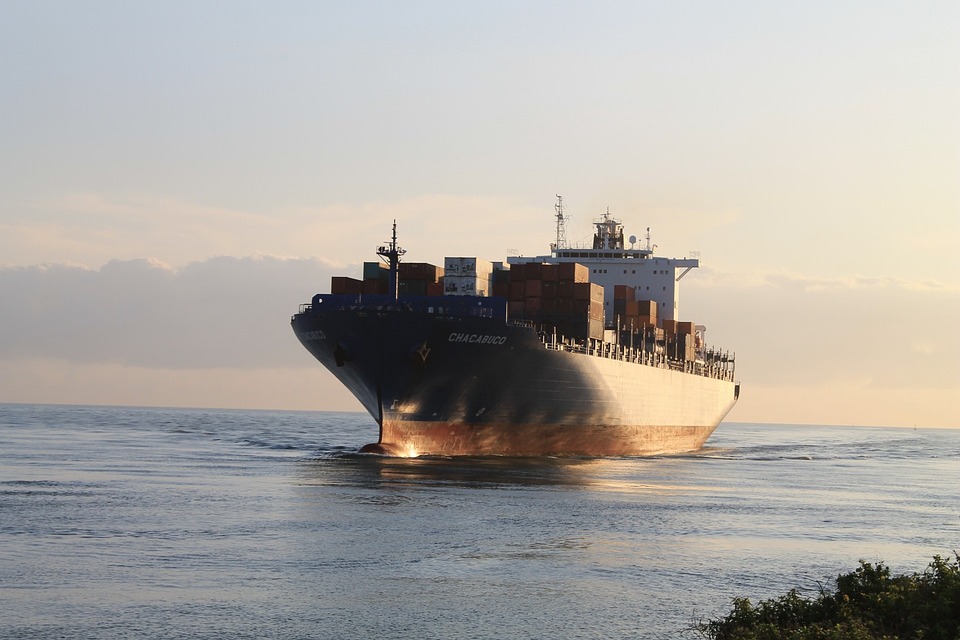Insights into Emerging Markets: Exploring Their Impact on Global Finance and Trade
Emerging markets have been playing an increasingly significant role in the global economy in recent years. These markets, which include countries such as Brazil, Russia, India, China, and South Africa (BRICS), as well as many others in Asia, Latin America, and Africa, are becoming major drivers of international trade and investment. As a result, their impact on global finance and trade is becoming more pronounced. In this article, we will explore the reasons for the growing importance of emerging markets and the implications for the world economy.
Why are Emerging Markets Important for Global Finance and Trade?
There are several reasons why emerging markets are important for global finance and trade. First, emerging markets have been experiencing rapid economic growth in recent years, which has led to an increase in consumer demand and a burgeoning middle class. This has made these markets attractive destinations for multinational corporations looking to expand their operations and capture new markets.
Second, emerging markets are home to abundant natural resources and cheap labor, which has made them important players in global supply chains. Many of these countries are major exporters of commodities such as oil, natural gas, metals, and agricultural products, which are crucial inputs for the global economy. In addition, emerging markets have become important manufacturing hubs for a wide range of products, including electronics, textiles, and consumer goods.
Third, emerging markets are increasingly becoming important sources of investment capital. As their economies grow, they have accumulated large amounts of foreign exchange reserves, sovereign wealth funds, and other financial assets. This has given emerging market governments and companies greater financial firepower to invest abroad, acquire foreign assets, and influence global financial markets.
Finally, emerging markets are becoming important financial centers in their own right. Many of these countries have developed sophisticated financial markets, including stock exchanges, bond markets, and currency markets. They have also become important destinations for international banks and investment firms looking to tap into the growing pool of investment opportunities in these markets.
What are the Implications of the Rise of Emerging Markets for Global Finance and Trade?
The rise of emerging markets has several important implications for global finance and trade. First, it is leading to a redistribution of economic power and influence from advanced economies to emerging markets. These countries are becoming major players in the global economy, and their growing economic clout is reshaping the international economic order.
Second, the rise of emerging markets is leading to changes in the patterns of global trade and investment. As these countries become more integrated into the global economy, they are becoming important destinations for exports from advanced economies and sources of imports as well. At the same time, they are becoming important sources of foreign direct investment and financial flows into the global economy.
Third, the rise of emerging markets is leading to changes in the global financial system. Many of these countries are seeking to play a greater role in international financial institutions, such as the International Monetary Fund, World Bank, and regional development banks. They are also seeking to establish their own financial institutions, such as the Asian Infrastructure Investment Bank, to finance infrastructure projects and promote economic development in their regions.
Finally, the rise of emerging markets is leading to changes in the global monetary system. Many of these countries have been pushing for a greater role for their currencies in international trade and finance. This has led to the increasing use of the Chinese yuan and other emerging market currencies in international transactions and the development of new financial instruments denominated in these currencies.
What are the Opportunities and Challenges of Doing Business in Emerging Markets?
Doing business in emerging markets offers a range of opportunities and challenges for companies. On the one hand, these markets offer the potential for high growth and profitability, as well as access to new customers and markets. On the other hand, they also present a range of risks and uncertainties, including political instability, economic volatility, and regulatory complexity.
Opportunities include access to large and growing consumer markets, access to natural resources and production capabilities, and high growth potential. Challenges include political and economic instability, corruption and bureaucratic hurdles, and currency and financial volatility.
What are the Key Risks of Investing in Emerging Markets?
The key risks of investing in emerging markets include political risk, economic risk, currency risk, and financial risk. Political risk refers to the risk of expropriation, political instability, and policy uncertainty. Economic risk refers to the risk of economic downturns, inflation, and debt crises. Currency risk refers to the risk of exchange rate fluctuations and depreciation. Financial risk refers to the risk of illiquidity, default, and market volatility.
In conclusion, emerging markets are becoming increasingly important for global finance and trade. Their growing economic influence is reshaping the global economy, creating new opportunities and challenges for businesses and investors, and leading to changes in the global financial system. As a result, it is important for businesses and investors to understand the implications of the rise of emerging markets and how to navigate the opportunities and challenges they present.
FAQs
Q: What are some of the most important emerging markets in the world?
A: Some of the most important emerging markets include China, India, Brazil, Russia, South Africa, Indonesia, Mexico, and Turkey.
Q: What are the best ways to invest in emerging markets?
A: There are several ways to invest in emerging markets, including investing in emerging market stocks and bonds, investing in mutual funds and exchange-traded funds that focus on emerging markets, and investing in emerging market private equity and venture capital.
Q: What are the biggest risks of doing business in emerging markets?
A: The biggest risks of doing business in emerging markets include political instability, economic volatility, regulatory complexity, corruption, and bureaucratic hurdles.




